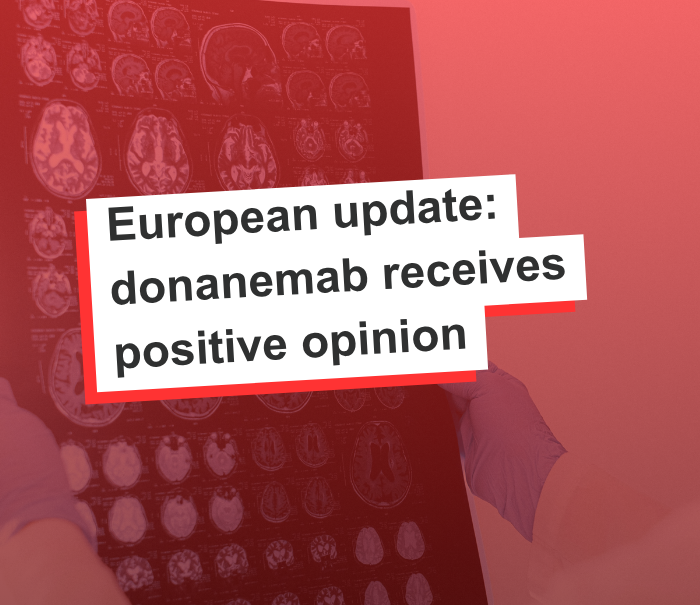
EMA recommends marketing authorization for donanemab (Kisunla)
This announcement reverses an earlier recommendation made by the EMA regarding donanemab as a treatment for the treatment of early symptomatic Alzheimer's disease in adults.
News, blogs and stories from across the field of dementia, the work of Alzheimer’s Disease International and our members.

This announcement reverses an earlier recommendation made by the EMA regarding donanemab as a treatment for the treatment of early symptomatic Alzheimer's disease in adults.

The 78th World Health Assembly has been a whirlwind week for ADI as, after 18-months of advocacy, the World Health Assembly has agreed to extend the Global Action Plan on the Public Health Response to Dementia by 6-years, to 2031.

The month of March has marked significant progress in the development and implementation of National Dementia Plans (NDPs), with the #WhatsYourPlan campaign leading to the launch of plans in Uruguay and Armenia, bringing the total number of WHO Member States with NDPs to 41.

Silverado Senior Living is the first care home provider to receive ADI Accreditation since the launch of the accreditation programme in 2021.

Alzheimer and dementia associations in the Caribbean are calling for National Dementia Plans to be created and implemented through the #WhatsYourPlan campaign.

Following the launch of the #WhatsYourPlan campaign in November 2021, ADI examines the campaign’s successes in its first year.

Lecanemab is the second Alzheimer’s disease pharmaceutical treatment to come to market since 2003, following the conditional approval of Aduhlem (aducanumab) in June 2022.

In this blog, members of the ADI team look back at 2022 and write about their hopes and aspirations for 2023.

In this blog, the authors of 'Occupational Therapy and Dementia' discuss the importance of occupational therapy in better supporting people living with dementia, as well as raising awareness about reducing the risk of dementia.

Most people associate dementia with older adults; however, dementia can impact all age groups, including children.